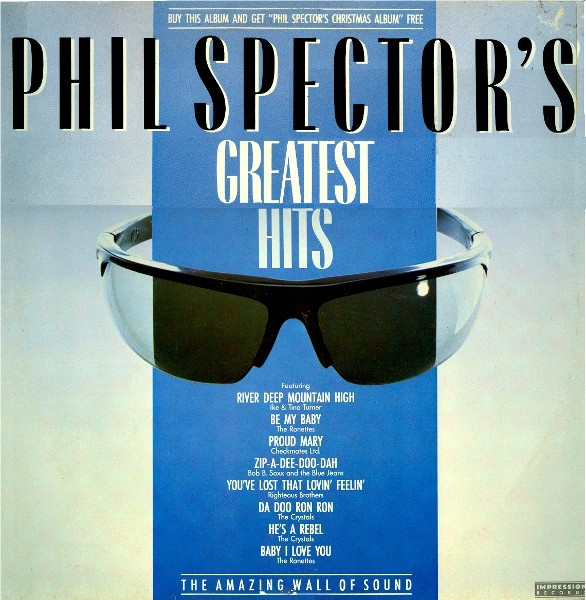Devo: Q: Are We Not Men? A: We Are Devo - 1978
Devo, from Akron, Ohio, were just weird with a capital W. Led by Mark Mothersbaugh - who looked like a crazed, bespectacled, oddly-haircutted, boiler-suited scientist or a deranged doctor - they merged David Byrne's Talking Heads jerkiness with keyboard swirls, grainy riffs and began to push punk firmly into post punk before its own eyes.
Uncontrollable Urge sounds almost like Led Zeppelin at times with its huge chunky riff. It is a sort of crazy punk meets classic rock mish-mash, while the group's cover of The Stones' Satisfaction is delightfully quirky. Praying Hands is in the same vein, and sounds like Talking Heads have taken too many pills. It is all appealing nutty and defying any real categorisation. There was something about the music scene in the late seventies that seemed to encourage music like this - early Talking Heads and Lene Lovich were two obvious other examples. Space Junk was another fine example of what I am trying to describe.
Mongoloid is Ramones-esque in its preoccupation with mental illness, although musically it is completely prototype post punk. This, and the equally bizarre Jocko Homo (which included the "are we not men?" question) served as perfect examples of the way punk had subverted itself in a short time from rock'n'roll-influenced breakneck raging fun to downright weirdness.
I remember seeing them perform this on The Old Grey Whistle Test and being simply nonplussed, longing for my Clash and Ramones instead of this lunacy. Punk was countering its own culture. I wanted nothing to do with it at the time yet listening to it in retrospect I can sort of understand its genuinely off the wall, subversive appeal. In many ways this was far more the essence of punk than the - dare I say it - mainstream punk that I preferred. Just listen to the riffy sparseness of Come Back Jonee - so wonderfully wacky but strangely catchy. It came as no surprise that the album was produced by Brian Eno.
Incidentally, I always thought it was Mothersbaugh on vocals, but it was actually Jerry Casale. Anyway, to sum up. Devo never quite made it, choking to an early death on their own ironic intelligence, but their music stands as one of the great post punk innovations.










